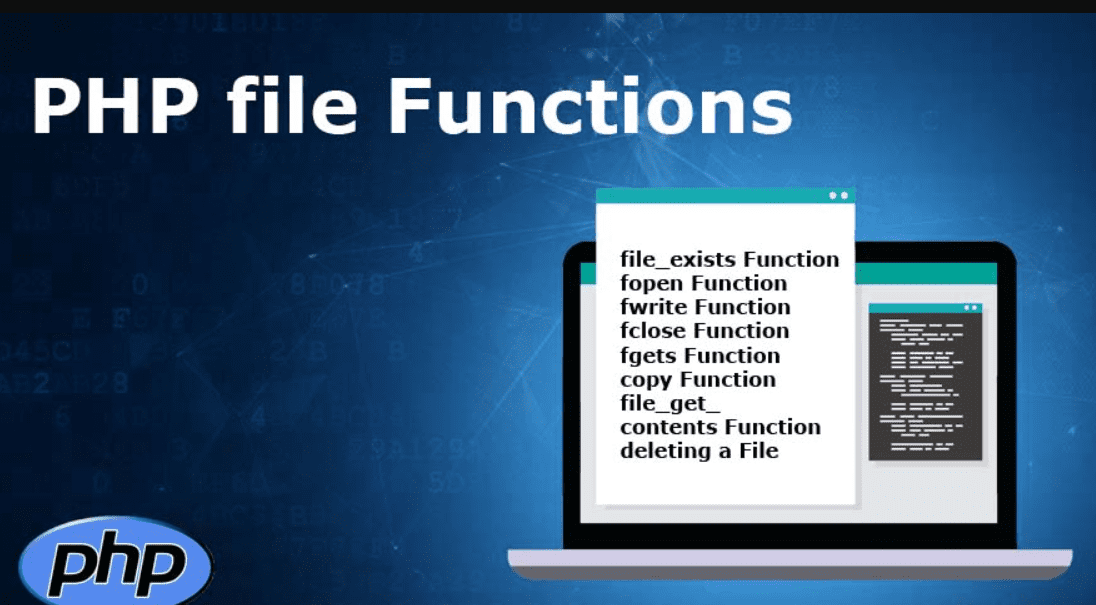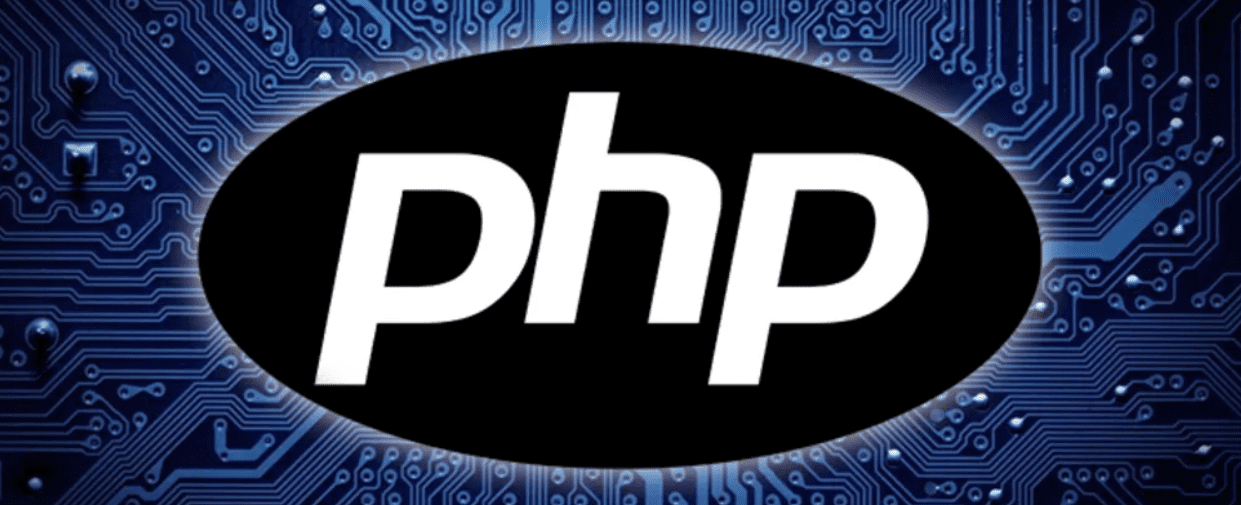Introduction
As we approach 2024, PHP remains a cornerstone of web development. With evolving technology and increasing demands for speed and efficiency, developers are constantly seeking ways to enhance PHP performance. This comprehensive guide outlines strategies and best practices that developers can adopt to optimize their PHP applications in 2024.
Embrace the Latest PHP Version
Keeping up with the latest PHP version is fundamental for performance enhancement. Each new release of PHP brings performance improvements, bug fixes, and new features that can significantly boost the efficiency of PHP applications.
Optimize Code Efficiency
- Refactor Legacy Code: Regularly review and refactor legacy PHP code. Remove unused functions, classes, and libraries to streamline the application.
- Use Efficient Algorithms: Implement efficient data structures and algorithms. For example, choosing the right sorting algorithm for a particular use case can drastically reduce execution time.
Leverage Modern PHP Frameworks
Frameworks like Laravel, Symfony, or Yii provide an optimized foundation for building PHP applications. They come with built-in tools and features that facilitate better performance management, such as routing, caching, and ORM.
Implement Caching Mechanisms
Caching is a game-changer in PHP performance. Implement opcode caching using OPcache, which stores precompiled script bytecode in memory. Use application-level caching mechanisms to store frequently accessed data, reducing the need to fetch data repeatedly from the database or external services.
Optimize Database Interactions
- Use Efficient Queries: Write optimized SQL queries and make use of indexing to speed up data retrieval.
- Database Connection Pooling: Use persistent connections to reduce overhead associated with establishing database connections.
Utilize Asynchronous Programming
Asynchronous programming in PHP, made possible by extensions like Swoole, allows handling multiple tasks concurrently without blocking the main thread. This can improve the performance of applications dealing with I/O operations.
Implement Frontend Optimization
The performance of PHP applications is not limited to backend optimization. Minimizing the size of CSS, JavaScript, and image files, and using techniques like lazy loading can significantly enhance the overall performance.
Profiling and Monitoring
Regular profiling of your PHP application is essential to identify performance bottlenecks. Tools like Xdebug and Blackfire.io provide insights into how your PHP code is executing and where improvements can be made.
Configure PHP Environment Appropriately
Tuning the PHP configuration (php.ini) can have a substantial impact on performance. Adjust memory limits, execution time, and file upload sizes to suit the specific needs of your application.
Utilize PHP Performance Tools
There are various tools available that can help in monitoring and improving PHP performance. Business Tools like Tideways, New Relic, and others offer real-time monitoring and performance insights.

In addition to the strategies mentioned, developers can further enhance PHP performance by adopting server-level optimizations. Configuring web servers like Apache or Nginx to work harmoniously with PHP can yield significant improvements. For instance, using Nginx with PHP-FPM (FastCGI Process Manager) offers a more efficient way to handle PHP requests compared to traditional Apache setups.
Furthermore, embracing cloud technologies and scalable architecture will be pivotal in 2024. Leveraging cloud platforms’ scalability and robustness can ensure that PHP applications can handle fluctuating loads effectively, enhancing overall performance and user experience.
Lastly, developers should not overlook the importance of a content delivery network (CDN) in PHP performance optimization. CDNs can drastically reduce latency by caching content closer to the user, thereby improving load times for resource-intensive PHP applications.
By integrating these advanced techniques and keeping up with the latest PHP trends and best practices, developers can ensure optimal PHP performance, meeting and exceeding the requirements of modern web applications in 2024 and beyond.
In 2024, developers should also consider the impact of microservices architecture on PHP performance. By decomposing applications into smaller, independently deployable services, developers can improve scalability and manageability. This approach allows for more efficient resource utilization and can help in isolating performance issues.
Moreover, the importance of a strong testing and deployment strategy cannot be overstated. Implementing continuous integration and delivery (CI/CD) pipelines ensures that PHP applications are constantly tested for performance issues, leading to faster resolution times and more stable releases.
Lastly, staying informed about the latest PHP community developments and engaging with other developers can provide valuable insights and tips for performance optimization. Participating in forums, attending webinars, and contributing to open-source projects can keep developers at the forefront of PHP performance enhancement techniques.
In conclusion, enhancing PHP performance in 2024 will require a comprehensive approach that encompasses code optimization, server configuration, architecture design, and community engagement. By staying adaptable and informed, developers can ensure their PHP applications are fast, efficient, and ready to meet the challenges of the modern web landscape.
Conclusion
As we advance into 2024, enhancing PHP performance remains a top priority for developers. By adopting the latest PHP version, optimizing code, leveraging caching, and utilizing asynchronous programming, developers can significantly improve the efficiency of their PHP applications. Continuously monitoring and profiling the application to identify areas for improvement is crucial. By following these practices, developers can ensure that their PHP applications are not only high-performing but also ready to meet the evolving demands of modern web applications.
Adopting containerization and orchestration tools like Docker and Kubernetes is another trend that PHP developers should embrace in 2024. These tools provide an efficient way to package, deploy, and manage PHP applications, ensuring consistent environments across development, staging, and production. They also facilitate easy scalability and high availability, crucial for maintaining optimal PHP performance.
Furthermore, developers should focus on security as an integral part of PHP performance. Secure PHP applications prevent potential breaches that can degrade performance. Regular security audits, adhering to PHP security best practices, and using tools like web application firewalls (WAF) are essential.
In sum, enhancing PHP performance in 2024 will be a multi-dimensional effort encompassing the latest technological advancements, security practices, and community wisdom. Keeping pace with these developments will ensure PHP applications remain robust, secure, and performant in an ever-evolving digital landscape.







